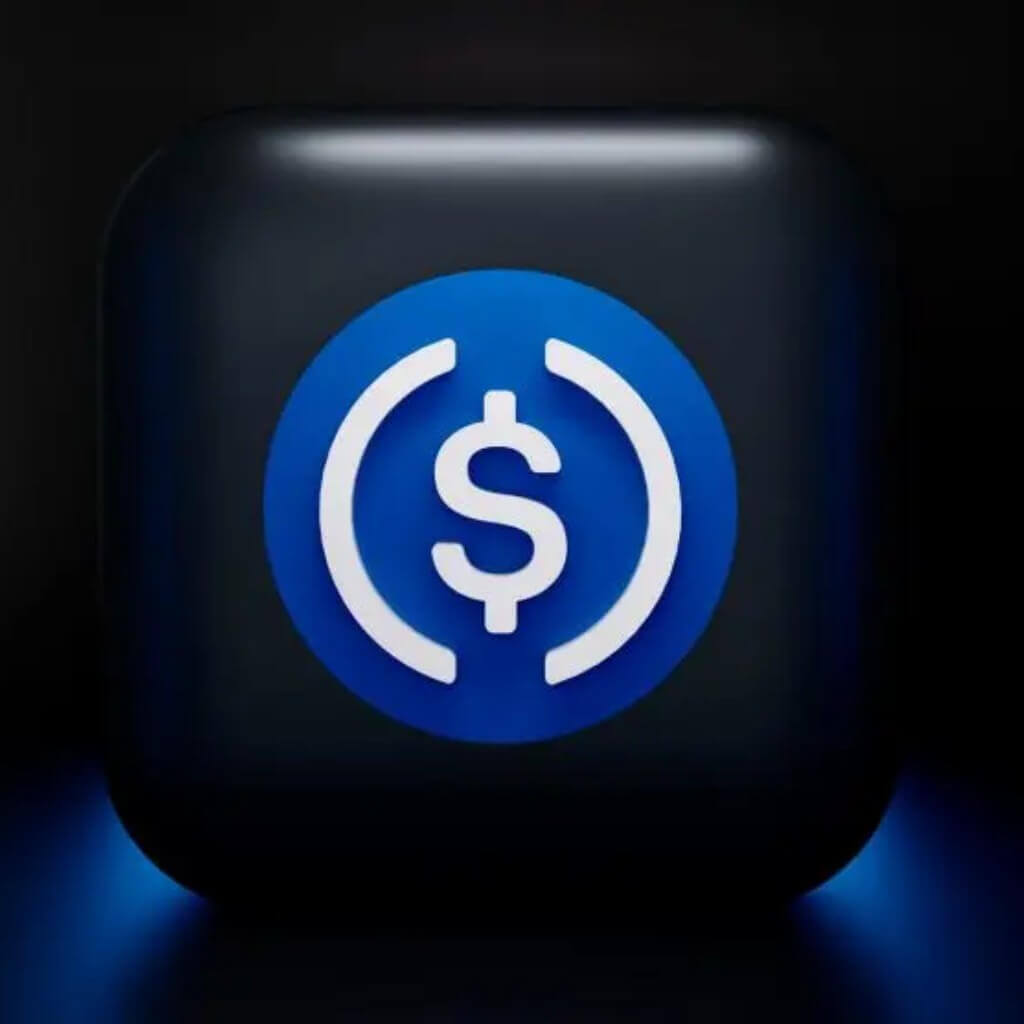Circle, the company behind the widely used USDC stablecoin, announced the launch of a new ‘Bridged USDC Standard’. This initiative revealed in a recent blog post, aims to streamline the deployment of USDC across various blockchain networks, marking a notable advancement in the token’s accessibility and functionality.
Introducing Bridged USDC Standard, a new way to expand access to $USDC & reduce fragmentation.
— Circle (@circle) November 21, 2023
EVM blockchain & rollup teams can now deploy a bridged USDC token contract with optionality for Circle to seamlessly upgrade to native issuance in the future.https://t.co/suSgllMQoQ
Simplifying stablecoin deployment
The newly introduced standard addresses a critical aspect of deploying USDC on new networks. It offers a two-phase process designed to ease the integration of USDC into various blockchain ecosystems. Initially, in the first phase, third-party developers have control over the token contracts, with the new network’s token being backed by a native version on another network. This phase presents the token as “unofficial,” not directly issued or redeemable by Circle, yet it serves as a proxy to USDC, extending its reach across diverse ecosystems.
The second phase, which may not be applied in all deployments, involves Circle taking control of these contracts. Subsequently, the token transitions to being backed by Circle’s reserves directly. This process eliminates the need for ‘migrations’, where users previously had to swap unofficial versions of USDC for official ones. Now, unofficial tokens in user wallets can seamlessly become official, enhancing user experience and network fluidity.
Advancing network compatibility
The Bridged USDC Standard is not just a technical advancement but also a strategic move to broaden USDC’s utility. This standard, with its open-source ERC-20 contract code, is derived from the audited USDC smart contract, ensuring security and reliability. It facilitates a smooth transition of token contract ownership to Circle, providing a foundation for future native issuances of USDC.
Circle’s strategy is evident in its recent launches of a native Base network version of USDC and a similar version for Polygon. These steps underscore Circle’s commitment to enhancing USDC’s interoperability and presence across multiple blockchain platforms.
Notably, teams like Linea and Scroll have already adopted the Bridged USDC Standard, exemplifying its practical application. These implementations on their testnet and mainnet networks showcase the standard’s ability to facilitate a secure transfer of ownership, a critical aspect for maintaining the integrity and trust in USDC’s network expansions.
The introduction of the Bridged USDC Standard by Circle represents a pivotal moment in the stablecoin arena. It addresses the growing need for interoperability and ease of use in the cryptocurrency world. By simplifying the deployment process and ensuring a secure transition of ownership, Circle is not only enhancing USDC’s functionality but also setting a precedent for future developments in the stablecoin domain.




